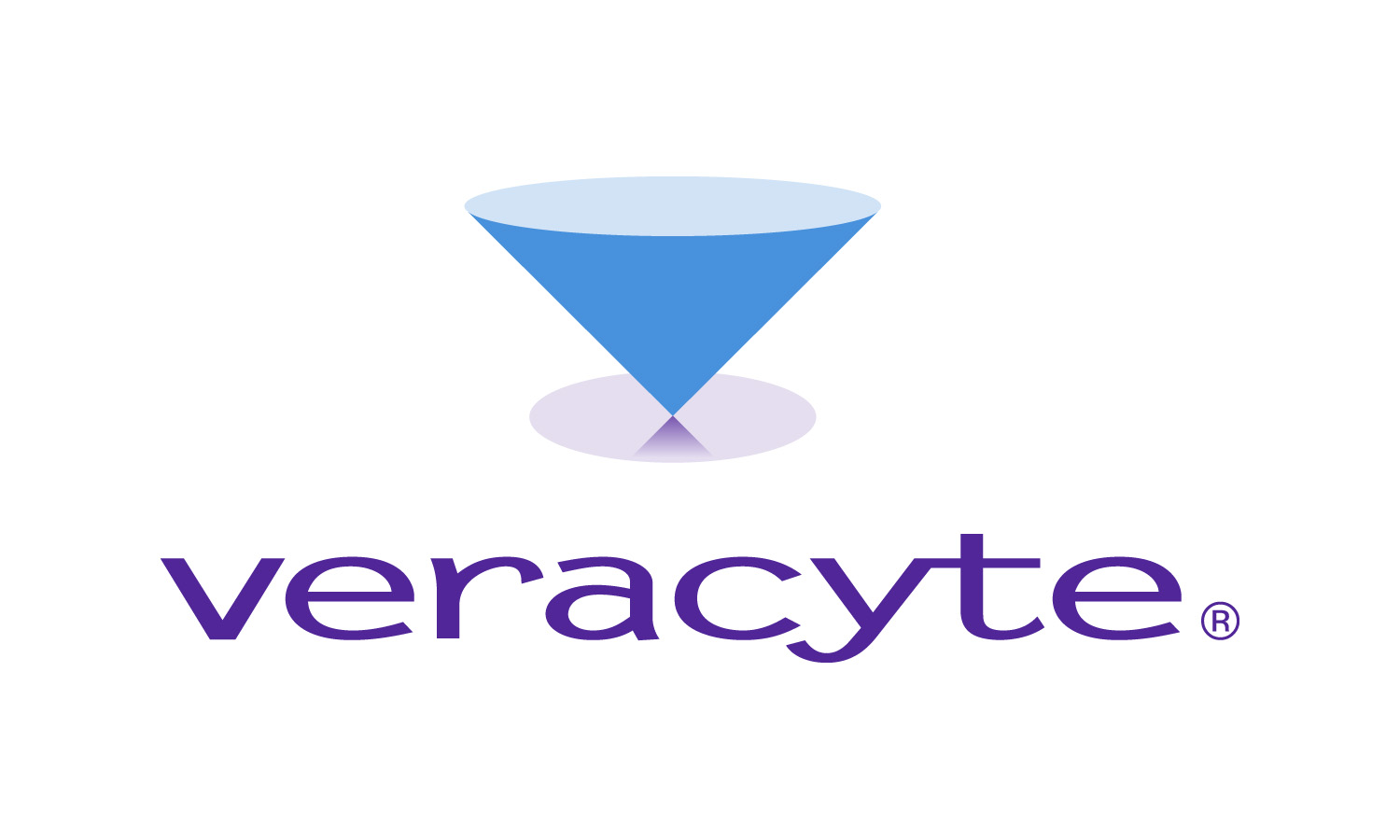
Veracyte, Inc., a genomic diagnostics company, announced data from a pivotal clinical validation study of its Afirma Genomic Sequencing Classifier (GSC). The data suggest that the test, a next-generation version of the company's widely used Afirma Gene Expression Classifier (GEC), can enable significantly more patients to avoid unnecessary surgery in thyroid cancer diagnosis. The findings were shared during the AACE 26th Annual Scientific and Clinical Congress, the annual meeting of the American Association of Clinical Endocrinologists, being held May 3-7 in Austin, Texas
The new Afirma GSC uniquely combines RNA sequencing and machine learning to leverage more enriched, previously undetectable genomic information. The findings suggest that by maintaining the current Afirma test's high sensitivity and further improving its specificity, the Afirma GSC can identify 30 percent more benign thyroid nodules among those deemed indeterminate - not clearly benign or malignant - following cytopathology, thereby enabling nearly 70 percent of patients whose thyroid nodules are benign to avoid unnecessary diagnostic surgery.
"The Afirma GEC has already changed how physicians manage patients with indeterminate thyroid nodules, enabling them to monitor these patients rather than direct them to thyroid surgery, which can have lifelong implications," said Richard T. Kloos, M.D., senior medical director, endocrinology, at Veracyte. "Having a test that can provide similar sensitivity with increased specificity will help physicians keep even more patients out of the operating room and should help further lower healthcare costs."
The new Afirma GSC was validated on a prospective, multicenter, blinded cohort of 191 indeterminate thyroid nodule fine needle aspiration samples - the same sample set previously used to validate the GEC test. Investigators found that the Afirma GSC maintained the current test's high sensitivity (91 per cent vs. 90 percent) and significantly increased its specificity (68 per cent vs. 52 per cent). The Afirma GSC's negative predictive value was 96 percent, compared to 94 percent for the current test.
The Afirma GSC leverages RNA sequencing to derive clinically useful information from enriched genomic content, including gene expression, DNA variants, fusions, copy number variants and other features that may be predictive of thyroid cancer and can enhance the classifier's ability to distinguish benign from malignant nodules. The classifier uses machine learning that is based on ensemble methods in which multiple algorithms - each playing its own role - are used to obtain a better predictive performance than any single algorithm on its own. The algorithms evaluate the vast genomic information enabling the test to "recognize" benign nodules.
"We are employing the same machine learning methods that are being used in other fields such as social media and self-driving cars, but applying them to thyroid cancer diagnosis," said Giulia C. Kennedy, Ph.D., Veracyte's chief scientific officer. "Our approach uses RNA sequencing to interrogate the entire genome, and takes advantage of newer methods in machine learning to combine valuable features that provide a higher-resolution genomic picture of thyroid nodules. This enables the Afirma GSC to recognize nuances that distinguish benign from malignant nodules and which were previously not detectable."
Veracyte will begin making the Afirma GSC available to select customers in the next few weeks and plans to broaden commercial expansion throughout 2017.
The Afirma Genomic Sequencing Classifier is the next-generation version of the Afirma Gene Expression Classifier, and is used to identify patients with benign thyroid nodules among those with indeterminate cytopathology results in order to preserve the thyroid. Each year in the United States, more than 525,000 fine needle aspiration biopsies are performed to assess patients with potentially cancerous thyroid nodules. Up to 30 per cent of the results are indeterminate (not clearly benign or malignant) and physicians have traditionally recommended thyroid surgery for a more definitive diagnosis. Following surgery, however, 70 to 80 percent of patients' nodules are diagnosed as benign, meaning the surgery was unnecessary. Such surgery is invasive, costly and often leads to the need for lifelong daily thyroid hormone replacement drugs.
Veracyte is a leading genomic diagnostics company that is fundamentally improving patient care by resolving diagnostic uncertainty with evidence that is trustworthy and actionable.
Veracyte reports positive data, pivotal clinical validation, afirma genomic sequencing classifier